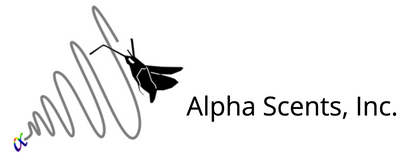Asian Citrus Psyllid
- Asian Citrus Psyllid: California Round-Up - Growing Produce
- Fighting Bugs with Bugs: Hatching a Solution for Troubled Trees - NPR
- Citrus Research Board - Website
- Center for Invasive Species Research - Website
Vector of the Deadly Citrus Greening (Huanglongbing) Disease
- Feeds on citrus leaves and stems
- Transmits Huanglongbing (HLB) - a devasting disease of citrus trees that is currently incurable
- Spread primarily by transportation of infested plants or plant material
- Widespread distribution
Asian Citrus Psyllid (ACP) is a vector of Huanglongbing, commonly known as Citrus Greening Disease.
It was first detected in the U.S. in Florida in 2005. Since that time, it has rapidly spread throughout Florida, South Carolina, Louisiana, Mississippi, Alabama, Florida, Georgia, Texas, Hawai, the Territories of Puerto Rico and Guam and is now considered a serious threat to the citrus industries in California and Arizona.
Citrus Greening Disease is essentially a death sentence. There is no known cure to date for an infected tree. Stopping the spread of ACP is currently the only viable option to manage the disease. Monitoring, coupled with timely pest management options, are crucial steps to protect the long-term viability of the entire citrus industry. Trees should be monitored monthly, especially during periods of rapid growth or “flushing”. It is equally important to monitor backyard trees as commercial orchards since the disease can spread rapidly once a tree is infected.
Research has shown the Alpha Scents' ACP Trap attracts 4-6 times more psyllids than standard yellow cards. Coated with No-Mess Adhesive glue, the trap can be assembled and cut/formed into different shapes.
- Add Lure for Greater Capture Rate
Adding a pheromone lure to the ACP Trap can enhance capture rates for greater detectability. Since there is no known cure for infected trees, immediate detection and control measures are essential to eliminate potential threats from worsening.


